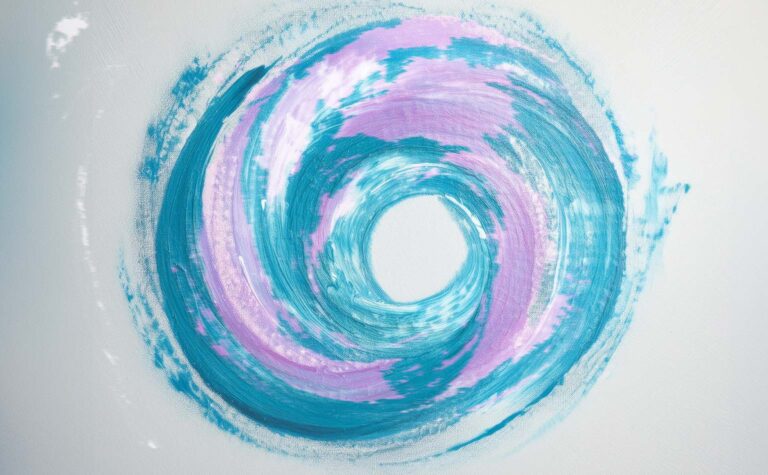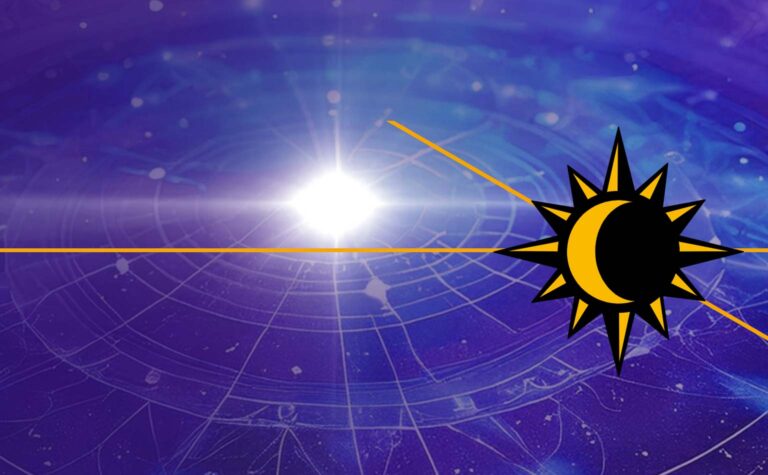I have been thinking a lot about hubris recently, sparked off by the global panic surrounding Coronavirus. Hubris comes from the Greek word Hyris which loosely means provoking the wrath of the gods through arrogance, foolish pride and over-confidence, resulting in the transgressor experiencing a painful reminder of their mortality.
That’s what I think is happening to humanity right now. We have got way above ourselves and, metaphorically speaking, the gods are throwing Coronavirus at us as a sharp reminder of the vulnerability of the human condition and the impermanence of life.
As I know myself, hubris is not a pleasant experience. My own hubris usually takes the form of self-righteousness and an overwhelming need to make excuses, rationalise my choices, and justify my actions that have caused pain to others. In fact, I will line up my justifications like ducks in a row. But this really isn’t helpful, and my self-righteousness is always humbled by guilt and shame, which takes me to places inside myself I really didn’t like. But I know I have to go there if I am going to learn from the situation – but more important, taking steps to avoid creating a scenario like this again.
Therefore, for me, personal responsibility is not about getting it Right. It’s about getting it Wrong – and being willing to dive into the discomfort of whatever the misdeed may be and face the consequences of it. But collective hubris is ingenious and sly. It discovers all kinds of sneaky ways to make humanity feel superior, invincible and smug until we are inevitability brought crashing to our knees.
Recently I read Rebirthing the Planet an extraordinary paper by Zhiwa Woodbury, eco-psychologist, advocate for the Planetary Hospice and author of CLIMATE GRIEF: Changing the Way We Think & Feel About Our Climate in Crisis. His paper is a tough read because it lays out, in no uncertain terms, the destruction we have wrought upon our Mother Earth and to the myriad of species struggling so valiantly to share the planet with us.
We can’t undo the choices our ancestor made or how we have recklessly perpetuated those choices. But we can elect to break through our hubris which has caused such ruination by admitting to ourselves that we are fallible, imperfect and emphatically mortal. Accepting our mortality, I believe, is the only way that we can overcome the vice of self-importance and prepare ourselves for the changes that are throwing our present way of life into a terminal diagnosis.
This is not about buying into hopelessness and helplessness. It’s about turning to our astonishing ability for resilience when the chips are down. Zhiwa Woodbury, whose work in hospices has made him conclude that, ‘the closer we come to death, the sweeter we tend to become,’ says that if we were, ‘told that a comet would hit the Earth in six months, ending all life on the planet, we would quite likely find more meaning during those six months than we have in any other part of our life.’

I am in complete agreement with him. During my end-of-life experience research studies I continually encountered astonishing and moving stories of how extraordinary things take place to transform the pain and anguish of dying into a profound healing process for everyone involved. Quite simply, death has no time for hubris and self-righteousness.
‘Welcome Everything, Push Nothing Away,’ urges Frank Ostaseki who developed the first caregiving precept for the Zen Hospice Project in San Francisco over thirty years ago. We all need to follow his advice as we step up to deal with the collective shame and guilt of what we have done to the planet, to ourselves and to the lives of those following behind us.
As I have already pointed out, for me, getting it Wrong holds the key to blasting through our collective conceit to put us back in Right Relationship with our Mother Earth. We may not be able to heal the systematic ruptures that we have created in our environment, but we can at least reconnect to the complexity of what it means to experience our mortality in all its colours and hues and become far more chastened because of it. I sincerely hope whatever our future holds it will be a time, in the words of Joseph Campbell, where we once again ‘awaken and maintain in the individual an experience of awe, humility and respect.’
Personally, during the time it takes for this Coronavirus scare to peak and recede and global financial markets to equalise (which they will), I intend to follow much more closely Gandhi’s beautiful reminder of what really matters when I make choices from now on:
‘Whenever you are in doubt, or when self gets too much with you, apply the following test. Recall the face of the poorest and weakest person you have known and ask yourself, is the course you contemplate going to be of use to him or her? Will they gain anything by it? Will it restore him or her to control over their own life and destiny? Will it lead to Swaraj (self-rule) for the hungry and spiritually starved millions? Then your doubts and yourself will melt away.’






2 comments
fionaelwell7803
Thank you Sue, as always, for putting this so eloquently and showing us perspective in all this madness❤️.
Alexandra
I find this deeply stirring and moving. I feel myself filled with love as I read your words. So much wisdom here.